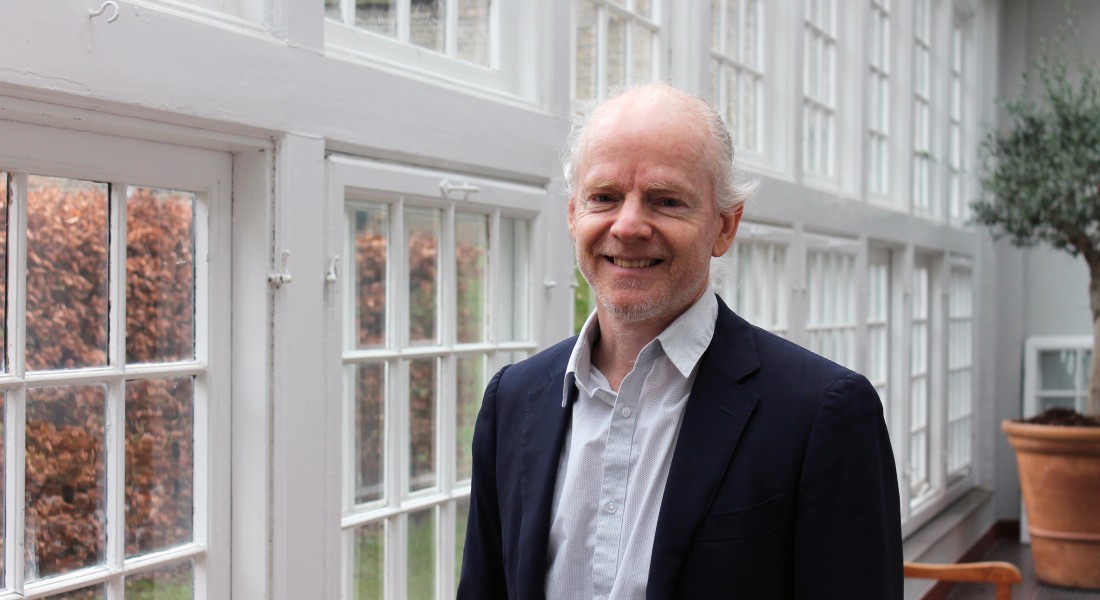Ayo Wahlberg appointed to the Danish Council on Ethics
Professor Ayo Wahlberg has been appointed as a new member of the Danish Council on Ethics. With ethical issues arising from cheaper and more advanced genetic technologies affecting human reproduction and disease prevention, there is plenty to discuss.

The Minister for the Interior and Health, Sophie Løhde, has appointed Professor Ayo Wahlberg, who also heads the Department of Anthropology, as a new member of the Danish Council on Ethics. The appointment follows a recommendation from the Danish Parliament's ‘Committee on the Council on Ethics’.
Ayo Wahlberg's research has focused on the anthropology of health and reproduction, and he has conducted research and fieldwork both in Denmark and abroad.
In China, he studied the use of so-called selective reproductive technologies that prevent or promote the birth of certain 'types' of children. And in Denmark, he is currently involved in a project investigating the social and ethical dilemmas generated when increasing numbers of people are identified as genetically predisposed to serious diseases.
The social and ethical consequences of new genetic technologies are a key area of focus for the Council on Ethics. As an example, Wahlberg points to the fact that better and cheaper genetic tests mean that more and more people are now being told that they have an increased risk of developing a particular disease.
"We need to work out how to deal with this, and there are no easy answers. On the one hand, genetic testing offers better opportunities to prevent serious diseases. On the other hand, it also takes up considerable resources when we're talking about preventing disease in a large group of otherwise healthy people. And just as importantly, is it always right to tell people that they have an increased risk of developing a disease? When does it do more harm than good?”
Another example of a major ethical challenge, says Ayo Wahlberg, is the use of reproductive gametogenesis, in which artificial male and female gametes are created from skin cells. This may sound like pure science fiction, but it has already been achieved in mice.
Wahlberg therefore believes it is urgent to have a public discussion about potential social and ethical consequences before the technology is used on humans:
"For example, should we allow two women or two men – the latter with the help of a surrogate mother – to have a child with the genes of both parents? Will we also accept that a single person can have a child who is a genetic copy? Or that a child can genetically have three or four parents when it becomes possible? We're facing some really difficult questions, and they're not going to get any easier in the future," he says.
See also the Counsil on Ethich’s post on LinkedIn (in Danish).
Contact
Ayo Wahlberg
Professor, Head of Department
Department of Anthropology
Email: ayo.wahlberg@anthro.ku.dk
Mobile: +45 60 75 30 78
